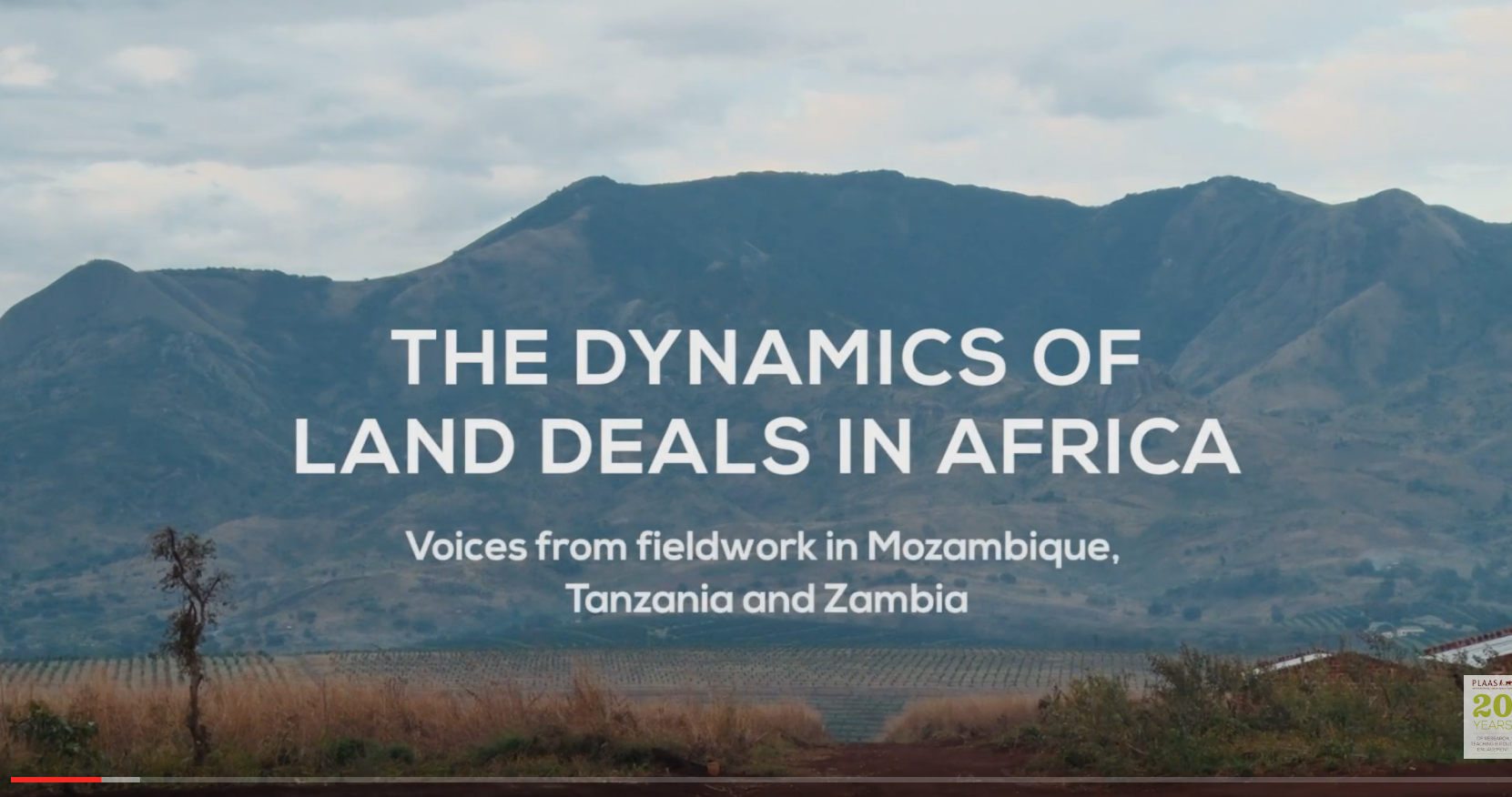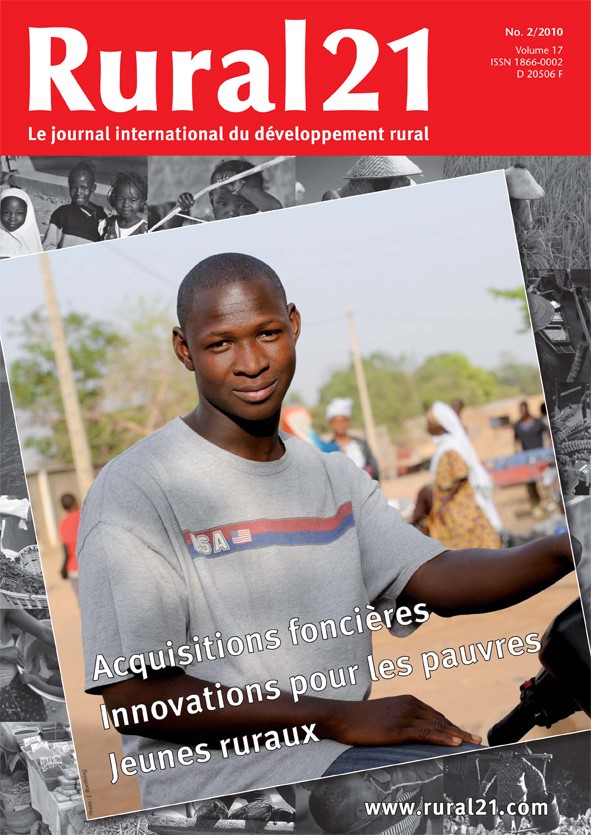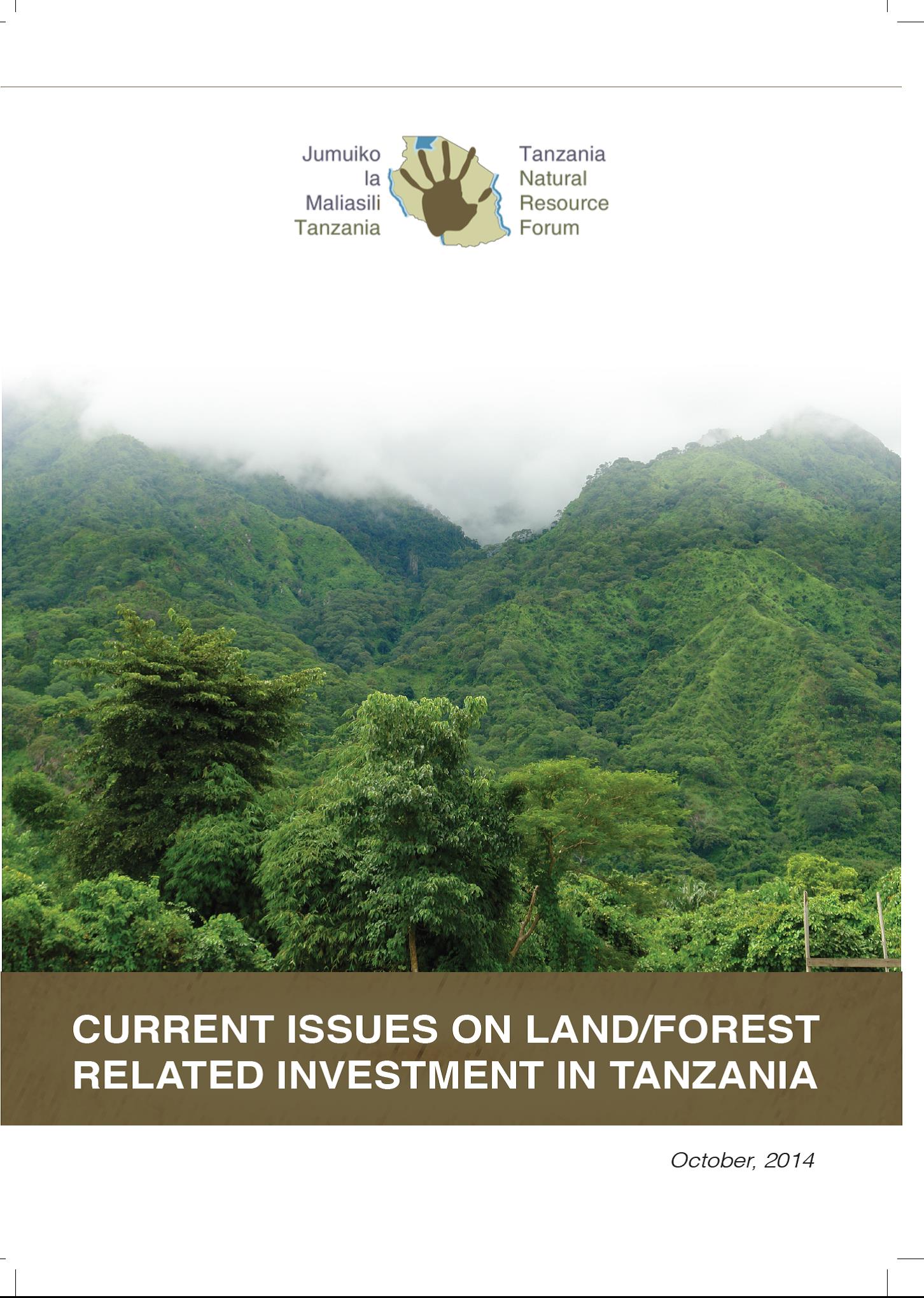"Land grabs" in Africa: Pathways, trends and the role of legal contracts
Large land acquisitions can have a deep, lasting e? ect on livelihoods, food security and the future of agriculture, so there is a need for strategic thinking, vigorous public debate and government responsiveness to public concerns, especially in recipient countries









